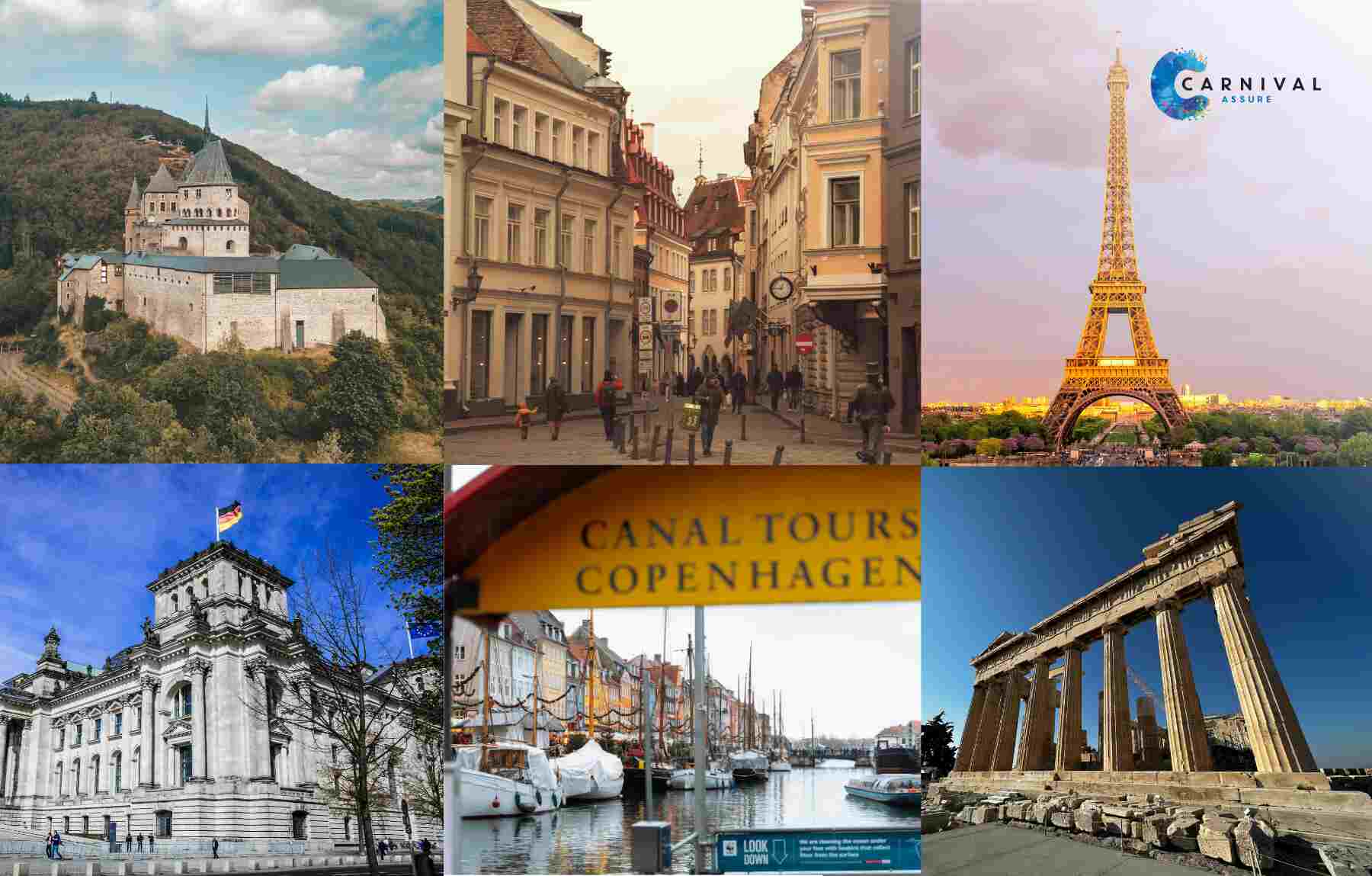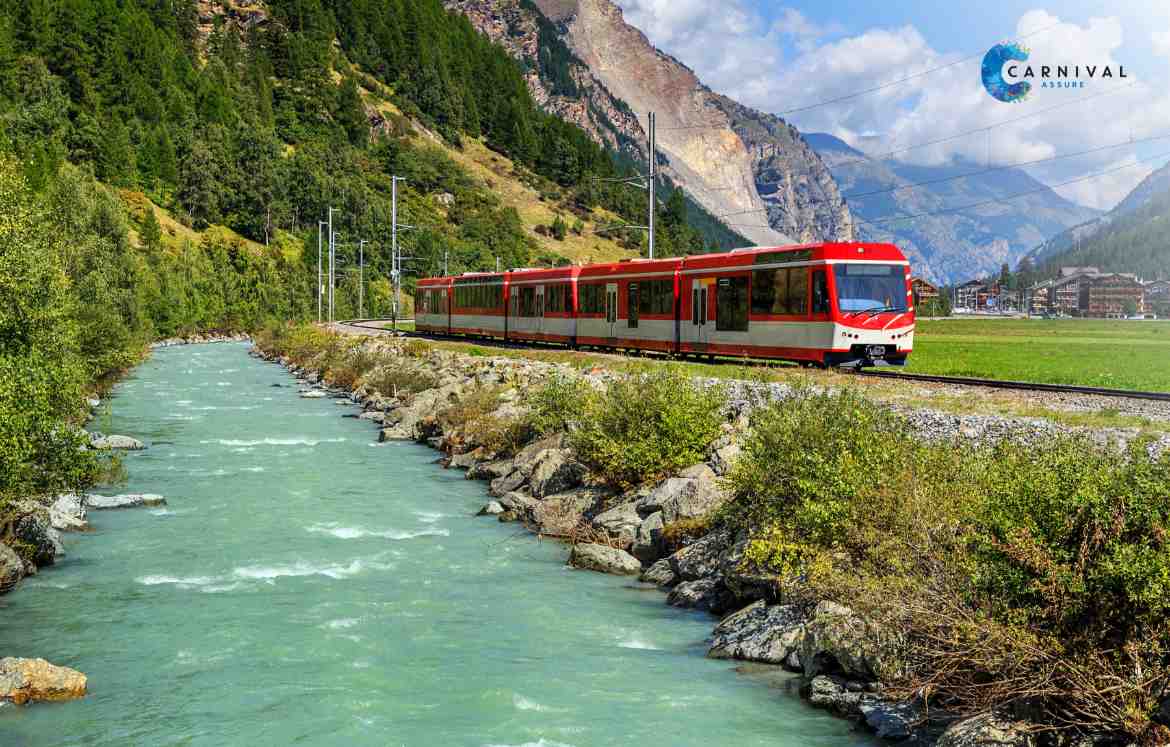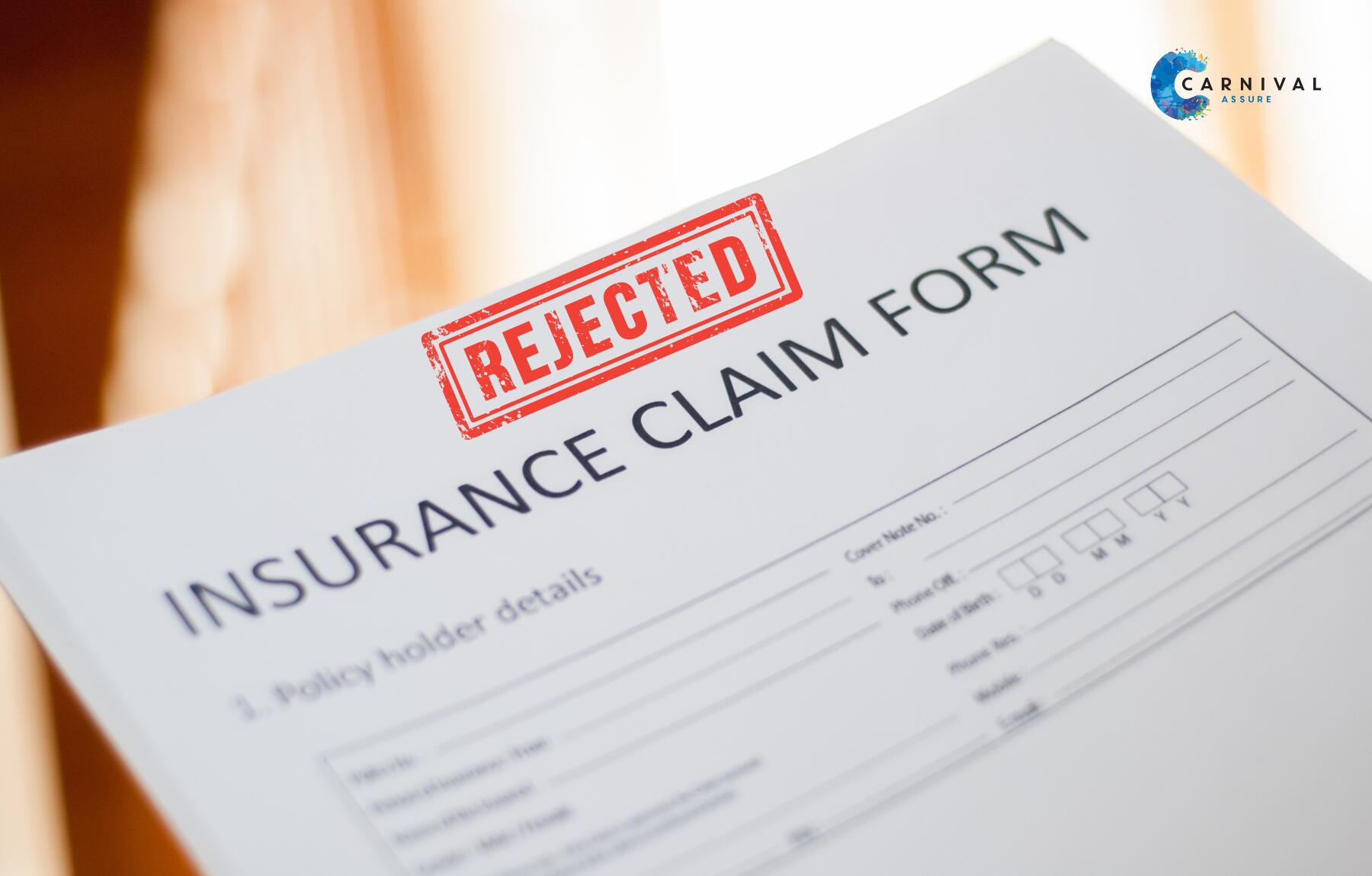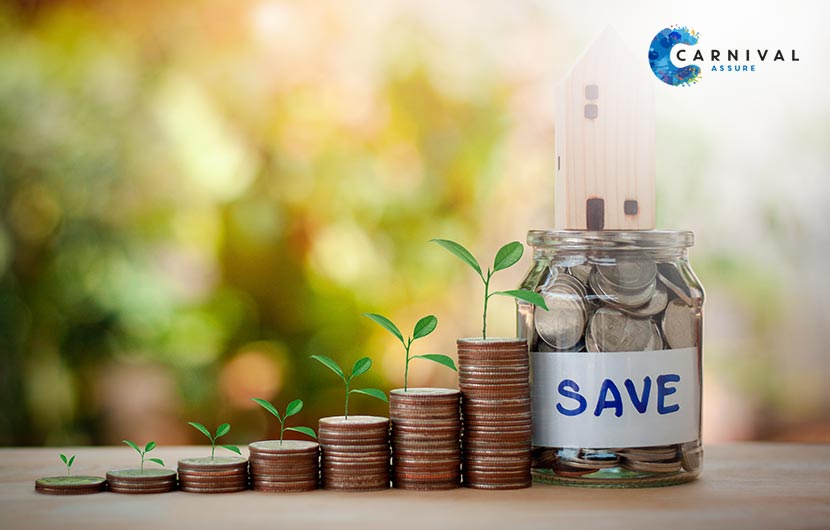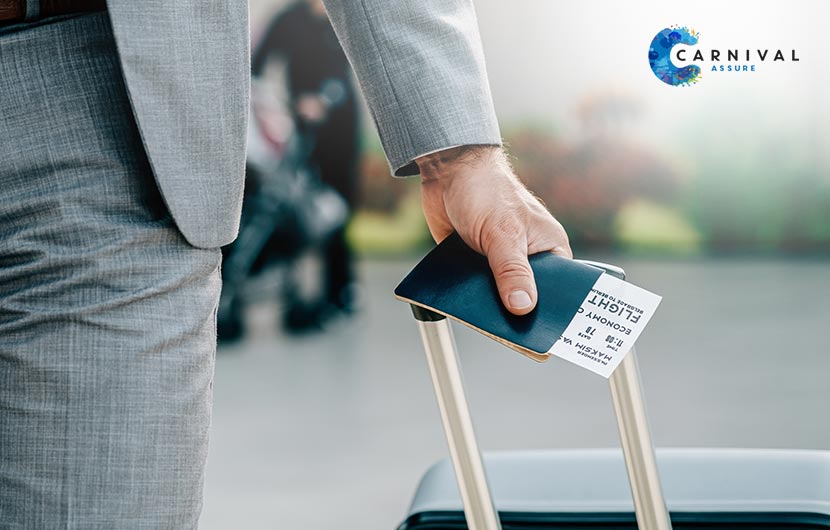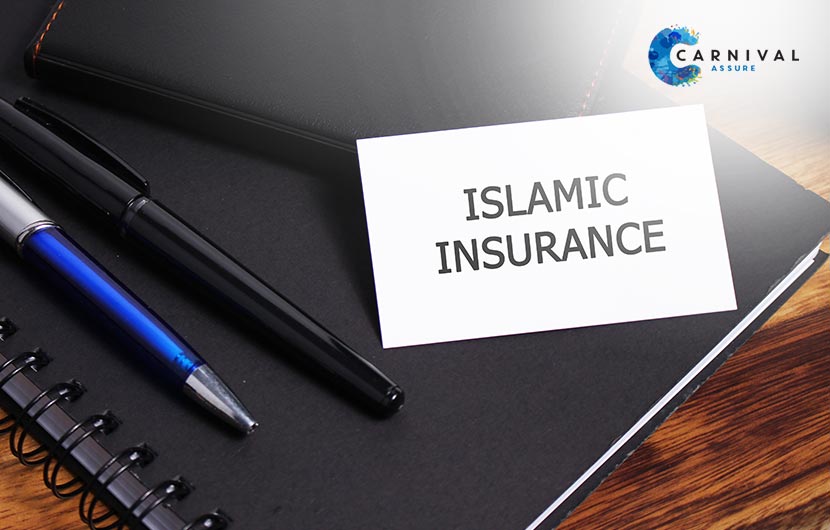How to Save Money Wisely to Secure a Better Future?
05 May 2025

In today's fast-paced world, especially in a growing economy like Bangladesh, learning how to save money isn't just a good idea; it's essential for securing or building a better future. Whether you're dreaming of buying your first home in Dhaka, planning for retirement, or simply looking to live a more stress-free life, smart money management plays a key role.
In this ultimate guide, we’ll walk you through practical strategies tailored to help people save money more effectively.
Ready to start building the future you deserve? Let’s dive in.
Why Saving Money Matters?
Before we jump into the strategies, it’s important to understand why saving money is crucial:
Financial security: Savings act as a cushion against unexpected expenses.
Freedom of choice: With financial stability, you can make choices based on desires, not desperation.
Wealth building: Saving is the foundation for investing and growing your wealth.
Peace of mind: A healthy savings account reduces stress and anxiety about the future.
How to Save Money: The Basics
Learning how to save money starts with mastering a few basic principles:
1. Set Clear Goals: Before you start cutting costs, define your financial goals. Are you saving for an emergency fund? A vacation? A home? Having clear targets will keep you motivated.
2. Track Your Spending: Understanding where your money goes is crucial. Use apps like Mint, YNAB, or a simple spreadsheet to categorize your expenses.
3. Create a Budget: Once you know your spending patterns, create a realistic budget. Allocate specific amounts for necessities, savings, and discretionary spending.
How to Save Money on Groceries?
One of the easiest places to start saving money is at the grocery store. Here's how to save money on groceries without sacrificing quality:
1. Plan Your Meals
Before heading to the store, plan your meals for the week. Make a shopping list based on your meal plan and stick to it. This helps you avoid impulse buys and ensures you're only purchasing what you need, reducing food waste and saving money.
2. Buy Generic Brands
Store brands often offer the same quality as name brands but at a lower price. Give them a try! You might be surprised by how little difference there is in taste or performance, and the savings can add up over time.
3. Be Smart About Bulk Buying
Buying non-perishable items like rice, pasta, and canned goods in bulk can lead to significant savings. On the other hand, don’t buy in bulk which are perishable items like vegetables and fruits.
4. Avoid Shopping Hungry
You’re more likely to make impulsive (and expensive) purchases when you shop on an empty stomach, like grabbing snacks, sweets, or unnecessary items that look appealing in the moment. Hunger affects your judgment and makes you more likely to overspend on things you don’t really need.
To stick to your budget and grocery list, always eat something before heading to the store, even a light snack can help you stay focused and make smarter, more intentional choices.
5. Use Coupons, Membership ID, Cashback and Reward Apps
Take advantage of coupons, apps and programs that offer cashback or rewards for your purchases. Apps like bKash, Nagad, Rocket, and any other mobile banking, bank accounts or VISA/Mastercard. You can earn money back simply by scanning receipts or shopping through their platforms via using these apps.
Check store flyers and digital apps for discounts. Use coupons strategically to lower your grocery bill. Many grocery stores also offer loyalty programs or membership IDs that give you access to exclusive discounts, points, or special deals. Over time, these small savings can add up significantly.
How to Save Money on Everyday Expenses?
Learning how to save money on everyday expenses can make a huge difference over time. Here are some actionable tips:
1. Cut Subscription Services
Take a close look at all your recurring subscriptions, including streaming platforms (like Netflix or Spotify), digital or print magazines, subscription boxes, and even gym memberships. Many people unknowingly continue paying for services they no longer use or need.
By auditing these expenses regularly, you can identify which ones provide real value and which are just draining your budget. Canceling the underused ones can free up a surprising amount of money each month.
2. Cook More, Eat Out Less
Eating out frequently can quickly drain your budget. Preparing meals at home is healthier and far cheaper than dining out. Meal prepping can save time and money.
3. Use Public Transportation
If possible, ditch your car for public transit, biking, or walking. It can save you hundreds each month on gas, insurance, and maintenance. It's not only a smart financial move but also better for the environment and often less stressful than sitting in traffic. Even switching just a few commutes a week can lead to noticeable savings over time.
4. Reduce Energy Usage
Simple habits like turning off lights, fan or air condition when leaving a room, switching to energy-efficient LED bulbs, and unplugging unused electronic devices can lower your utility bills. These habits also help reduce your environmental footprint.
5. DIY Whenever Possible
Learning basic do-it-yourself skills can save you a lot of money on home repairs, clothing fixes, and simple maintenance tasks. Instead of hiring professionals for minor issues, handling them yourself avoids service fees and gives you a sense of accomplishment.
6. Shop from Thrift Stores or Second-Hand
Consider buying clothes, furniture, and electronics from thrift stores or online marketplaces. Gently used items often come at a fraction of the cost of new ones and can be just as functional, especially when it comes to furniture or electronics. You’ll be surprised at the treasures you can find!
How to Save Money from Salary?
If you're wondering how to save money from your salary, these techniques will help you keep more of your hard-earned cash:
1. Pay Yourself First
Set up an automatic transfer that moves a portion of your paycheck into savings the moment it arrives. Treat savings like a non-negotiable expense. Tiny steps today can grow into big financial wins tomorrow.
2. Use the 50/30/20 Rule
- 50% for needs
- 30% for wants
- 20% for savings and debt repayment
This simple formula can help you balance living comfortably while saving consistently.
3. Maximize Retirement Contributions
If your employer offers a provident fund or universal pension scheme match, contribute enough to get the full match. It's free money for your future.
For example, if you contribute 5% of your salary, your employer might also contribute 5%. That’s essentially free money helping grow your retirement savings.
4. Set Up Multiple Savings Accounts
Creating separate savings accounts for specific goals like emergencies, travel, or big purchases makes it easier to manage your money with purpose. It helps you stay disciplined, track progress for each goal, and avoid the temptation to spend funds meant for other priorities.
5. Avoid Lifestyle Inflation
When your income grows, it's easy to start spending more on luxuries or upgrades. But maintaining your current lifestyle and channeling the extra income into savings or investments can help you build long-term wealth faster.
6. Automate Bill Payments
Setting up automatic payments ensures your bills are paid on time, helping you avoid late fees, interest charges, and damage to your credit score. It also simplifies money management and reduces the stress of remembering due dates.
Smart Investment Tips After Saving
Once you've built up your savings, it’s time to make your money work for you:
1. Start Investing Early: The sooner you start investing, the more time your money has to grow through reinvested profits and long-term market gains. Starting early allows you to take advantage of compounding growth, turning small investments into substantial wealth over time.
2. Diversify Your Portfolio: Spread your investments across different asset classes to minimize risk. Diversifying your investments in assets like land, gold, stocks, bonds, and real estate helps reduce risk by ensuring that not all your money is tied to one type of investment. This strategy balances potential losses from one asset with gains from others, leading to more stable long-term growth.
3. Educate Yourself: Take time to understand basic investment principles. Resources like podcasts and books provide valuable insights that can help you navigate investment options and build wealth responsibly.
4. Consult a Financial Advisor: If you're unsure where to begin, a certified financial planner (CFP) can help tailor a strategy to your goals. They can also guide you through complex investment decisions, helping you make informed choices based on your risk tolerance and financial objectives.
5. Secure Your Investments: In addition to smart investing, consider purchasing investment insurance to safeguard your portfolio. This type of insurance can help protect your capital against unforeseen market downturns, theft, or other financial risks, adding an extra layer of security to your long-term investment strategy.
Save Money & Secure Your Future with Health Insurance
One crucial yet often overlooked strategy when learning how to save money is to invest in a good health insurance plan. Accidents or medical emergencies are unpredictable, and the costs associated with hospitalization, treatments, and medications can be overwhelming.
By subscribing to a reliable health insurance policy, you not only ensure peace of mind but also save significant amounts of money. In the event of an unfortunate illness or accident, your insurer will typically cover hospitalization costs.
Related Blog: 5 Things to Consider Before Buying Health Insurance.
A single medical emergency could wipe out years of savings. With it, you safeguard your finances and can focus on recovery without the added stress of hefty bills. Additionally, many countries offer tax benefits on health insurance premiums, providing even more financial advantages.
To truly understand the importance of health insurance, it's essential to consider both the rising medical costs and the limited access to public healthcare support. In short, having a solid health insurance plan is a smart and essential step toward building a stress-free and financially secure future.
Common Saving Mistakes to Avoid
- Even the best savers can stumble. Watch out for these common pitfalls:
- Not having a clear plan: Without a strategy, it's easy to lose focus.
- Underestimating small expenses: Daily small purchases can add up quickly, potentially causing you to lose track of your savings goals.
- Not adjusting your budget: As life changes, so should your budget.
- Dipping into savings unnecessarily: Treat savings as sacred—only use them for true emergencies or planned expenses.
Motivation: Stay Focused on Your “Why”
Saving money can sometimes feel like a sacrifice. To stay motivated, always remember your “Why”—whether it's buying a home, traveling the world, or achieving financial independence.
Create a vision board, track your milestones, and celebrate small victories along the way. The journey might be long, but the rewards are worth it.
Bonus Tips: How to Save Money Faster
- If you’re serious about turbocharging your savings, try these extra tips:
- Challenge yourself to a “no spend” month.
- Sell items you no longer use.
- Take on a side hustle like freelancing, tutoring, or delivery driving.
- Negotiate your bills, as many service providers are willing to lower rates if you ask.
- Always ask yourself, "Do I really need this?"
Conclusion
Learning how to save money is not just about cutting costs, it's about creating a life of freedom, security, and opportunity. Whether you’re focusing on how to save money on groceries, everyday expenses, or from your salary, remember that every small decision counts toward building a better future.
Saving money wisely today plants the seeds for financial independence tomorrow. Start small, stay consistent, and watch your savings and your future grow brighter every day.


